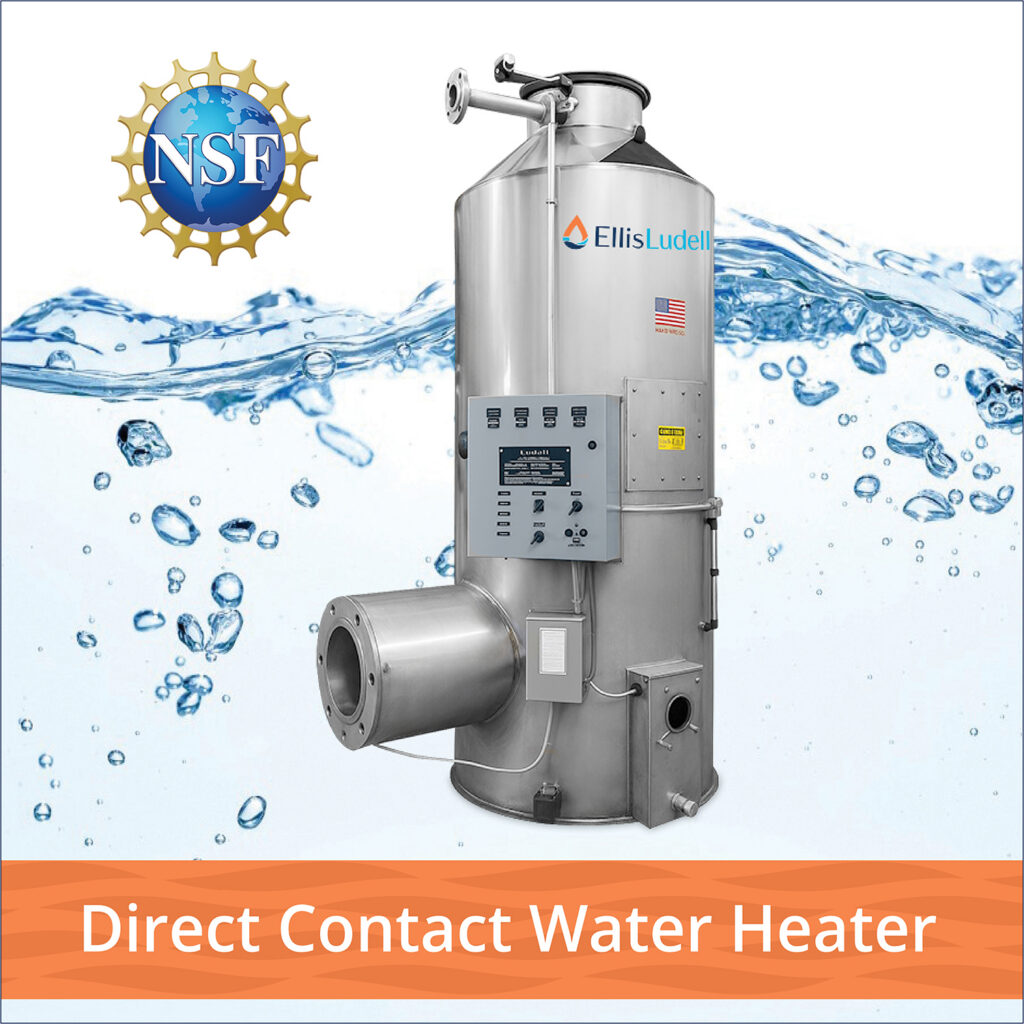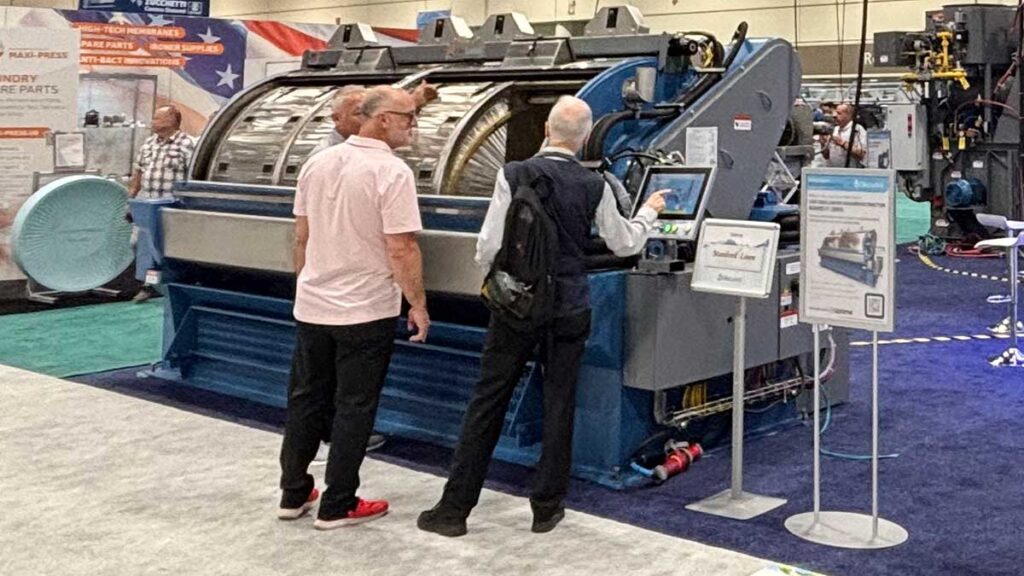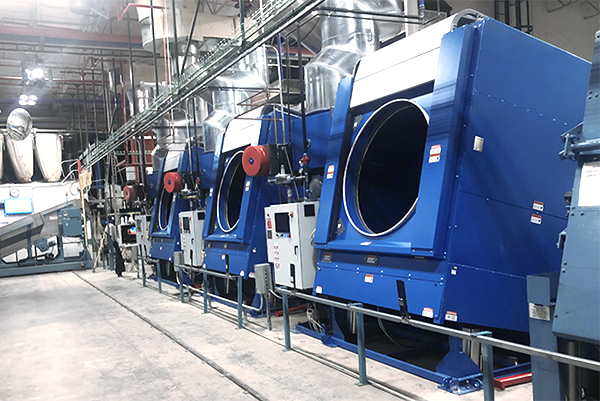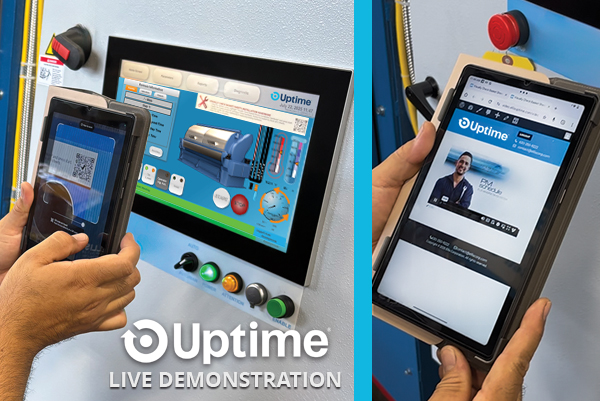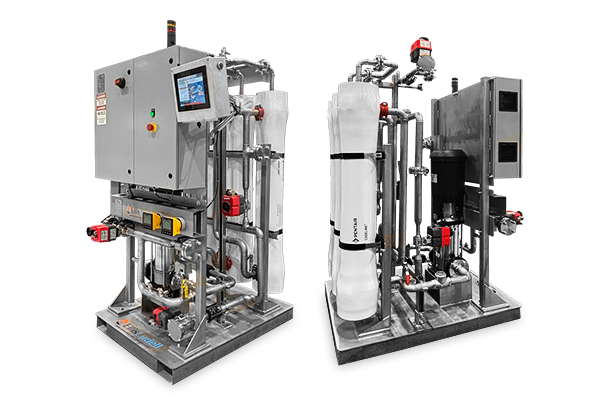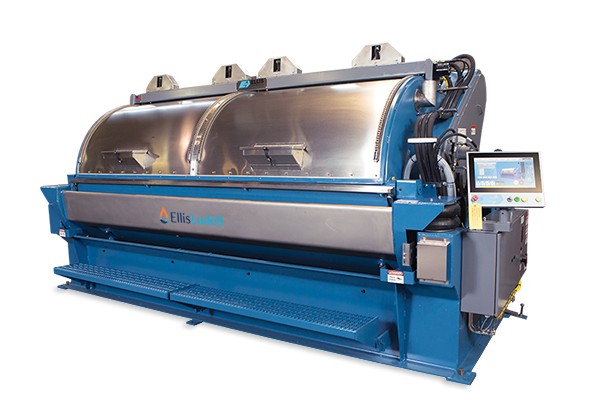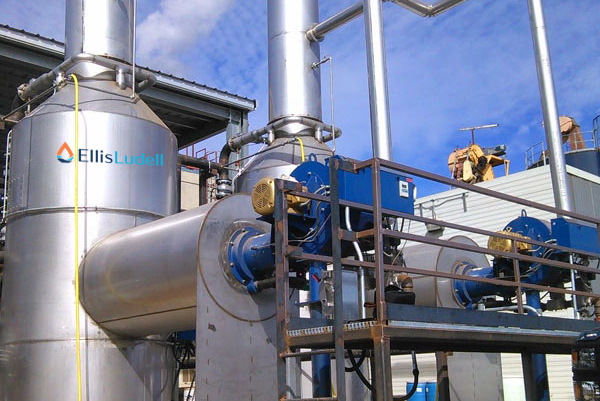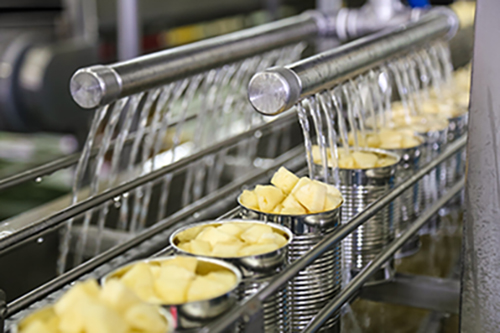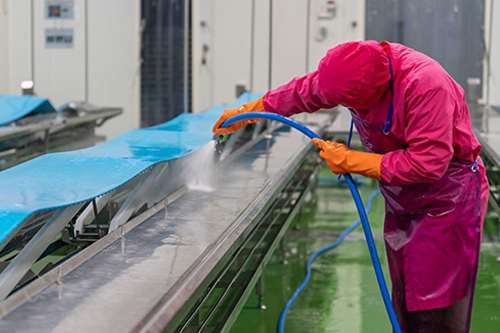How Much Do You Know About Oils And Grease In Wastewater?
Test your Oil and Grease Knowledge
True or False
- Fats, Oils and Greases can be classified as Polar or Nonpolar
- When excess quantities of fats, oils, and greases enter the biological treatment process and blend with the biomass, settleability improves.
- Fats, oils, and grease do not contribute to biochemical oxygen demand (BOD) in wastewater.
- Hexane can extract more than fats, oils, and greases from the wastewater.
- Coalescing Oil Water Separators (OWS) are more efficient at removing smaller sized oil droplets compared to larger sized oil droplets.
- Nonpolar FOG, which typically biodegrades easily, comes from animal and vegetable sources; Polar FOG, which is much less biodegraded comes from petroleum sources.
- Metal-working wastewater is typically de-emulsified at the metal-working facility before being discharged to the publicly owned treatment works.
- Surfactants demulsify fats, oils, and greases easily to separate from the wastewater.
- The largest fatberg was found in Liverpool area of London.
- The best oil and grease separator for restaurants is a coalescing oil water separator.
Multiple Choice
- Which of the following descriptions describes the term “free oil”?
- Oil dispersed in water in a stable form as 5 to 20 µm droplets.
- Oil that is solubilized in liquid.
- Oil that adheres to the surface of solids.
- Oil is present in water having little or no water associated with it.
- To prevent free FOG, which can be removed simply by skimming, from becoming emulsified FOG, which is difficult to remove, what should be avoided?
- Pumping the oily water with a centrifugal pump.
- Letting the FOG-laden water stand for long periods of time.
- Adding deodorizing chemicals to the FOG-laden water
- Adding flocculation chemicals.
- What’s the common name for the U. S. Environmental Protection Agency Method 1664A, which is used to measure FOG in water?
- The n-Hexane Extractable Material Method
- The Isopropyl Alcohol Immersion Method
- The FREON Separation Method
- The Cyclododeconal Addition Method
- What is the average FOG concentration in domestic wastewater?
- 1 to 10 mg/L
- 10 to 25 mg/L
- 30 to 50 mg/L
- 75 to 80 mg/L
- What device is the most often technology used to separate chemically concentrated FOG from water?
- Centrifuge
- Dissolved Air Flotation
- Belt Filter Press
- Sieve
- What is the most common industrial pretreatment limitation for FOG in the United States?
- 50 mg/L
- 100 mg/L
- 250 mg/L
- 500 mg/L
Questions were developed by Steve Spicer and John Schultz and reviewed by the Operations forum Editorial Advisory Board and the Association of Boards of Certification (Ankeny, Iowa) Wastewater Treatment Validation and Examination Committee.
To check your answers please email John Schultz at jschultz@elliscorp.com.
Contact Us
We are here to answer your questions about water treatment, water heaters, and/or laundry equipment. Whether you need to replace existing equipment or engineer a whole new solution, contact EllisLudell for a solution right for you.
Related Blogs
Why Sanitation Hot Water Reliability Matters More Than Most Food Plants Realize
Sanitation only works when hot water keeps up. That sounds simple. But in food and beverage plants,…
Clean Show 2025 Recap: The Sideloader Leads the Way
Clean Show 2025 proved once again that EllisLudell is a force in industrial laundry. From the moment…
Whisper Dryer: Quiet Power That Speaks Volumes
Some dryers make noise. This one makes results. The EllisLudell Whisper Dryer is not just built for…
Uptime® – Equipment That Knows Exactly What to Do
Some machines run. Others think. Then there is the kind that changes how your team works from…
The Smarter Way to Clean Water Starts Here. Where Water Is Not Just Clean, It Is Competitive.
You do not just need water filtration. You need water control. You need fewer chemicals in your…
This Is What Intelligent Laundry Looks Like. Meet the Sideloader Built to Work
Let’s cut to it. You’re not in this industry for fluff. You need machines that show up,…
Why EllisLudell’s Certified DCWH Sets a Higher Standard
See It First at The Clean Show What you’ll see at booth 2811 at The Clean Show…
The Cost of Cutting Corners in Industrial Laundry: What You Risk with a Non-Certified Water Heater
In industrial laundry operations, cost and lead time often drive equipment decisions. But when your water heating…
Certified Water Heaters Protect Temperature and Product Quality in Food Processing
Food safety is not just a priority. It is a requirement that touches every decision you make…
NSF Certification: A Critical Standard for Food Processors
In the food processing industry, water plays a central but often underappreciated role. It supports sanitation, blending,…

